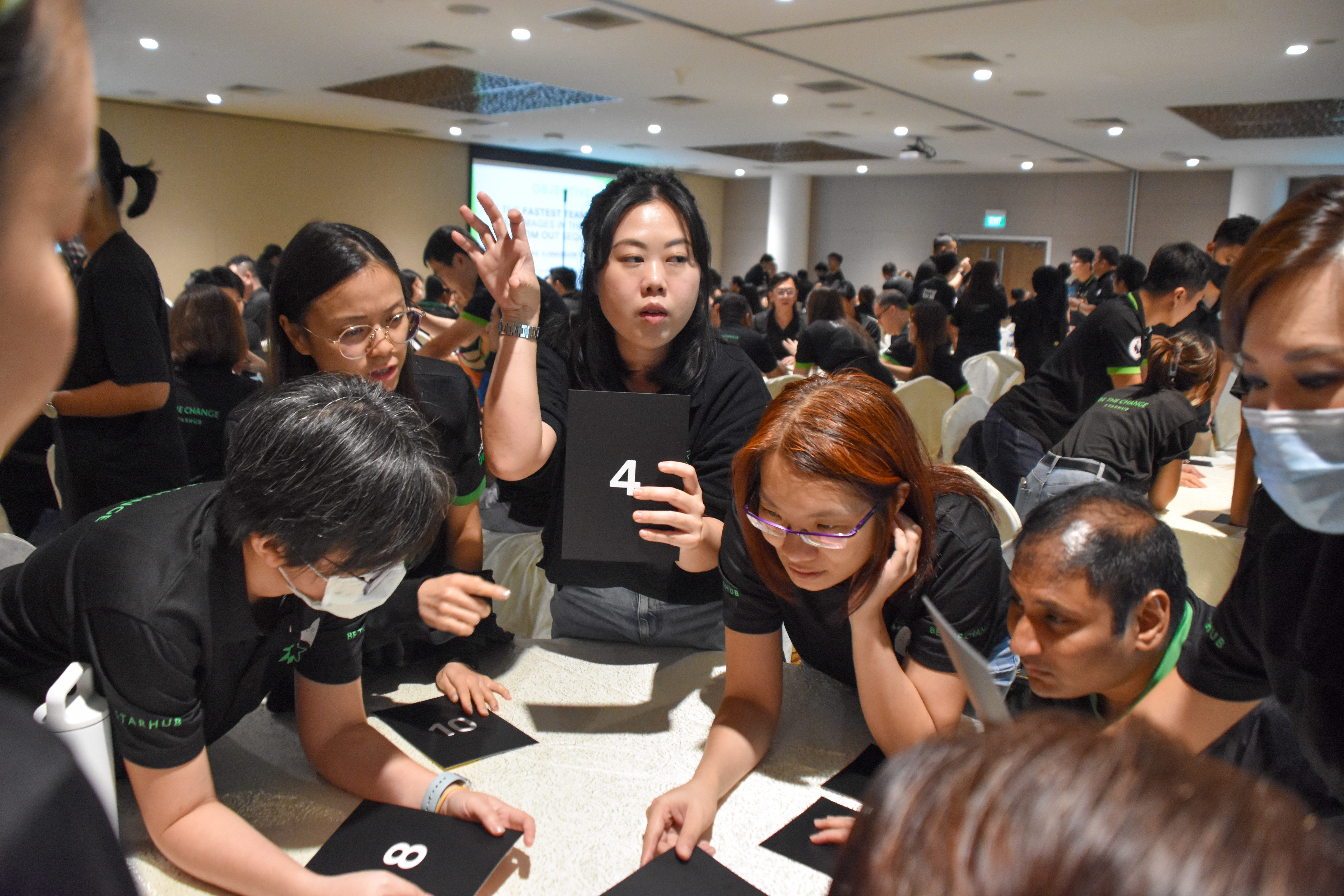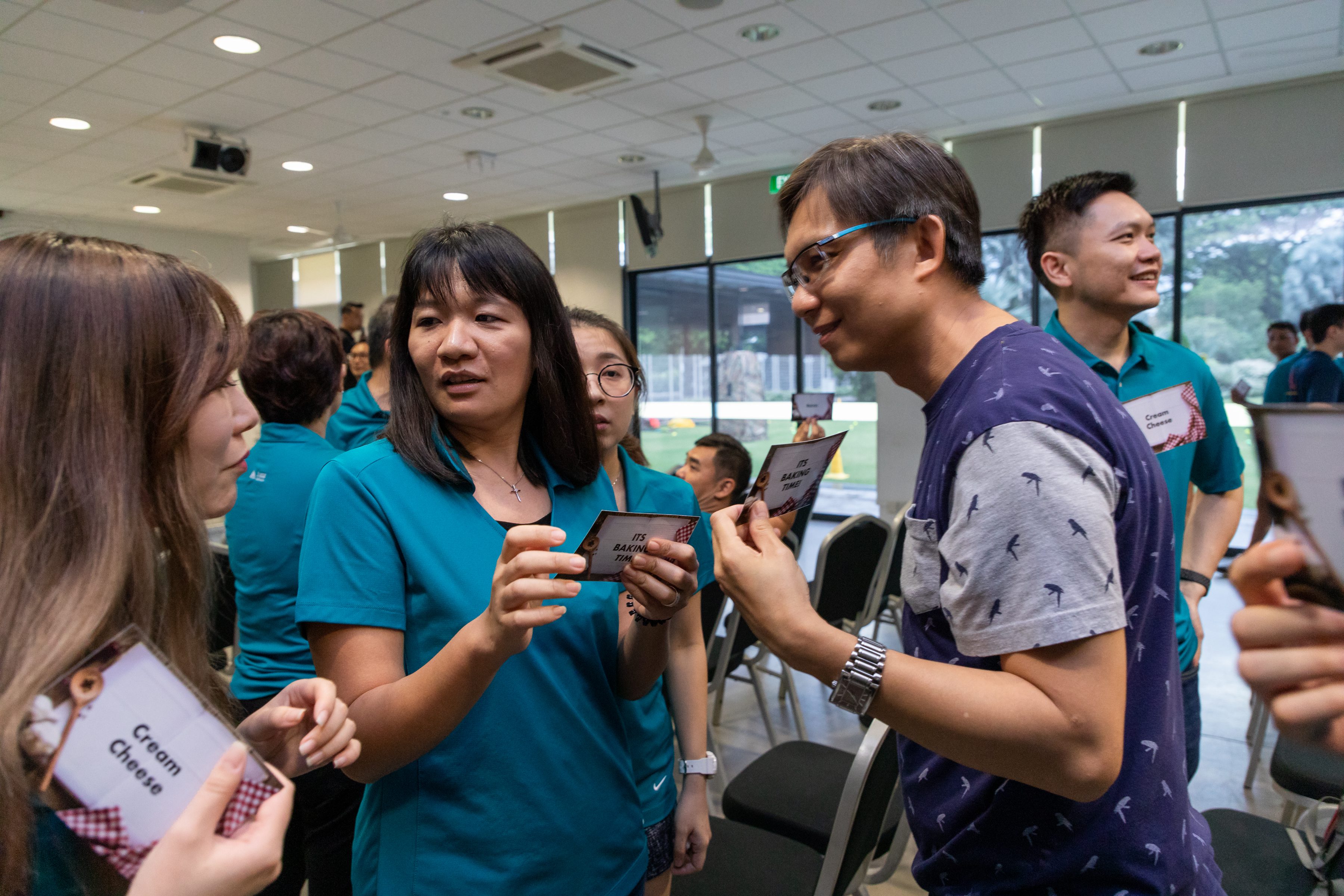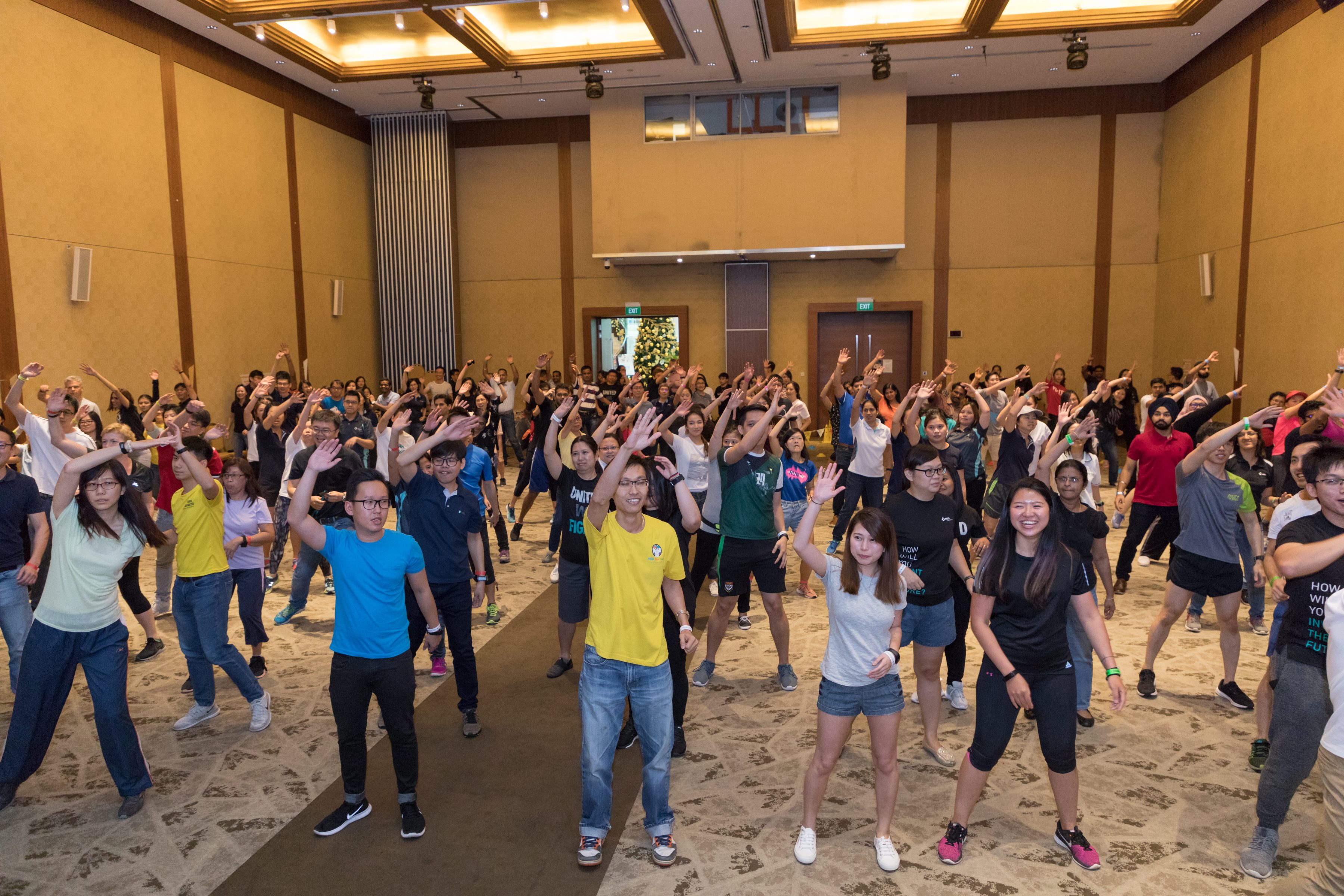The Science Behind Effective Communication
Effective communication is the cornerstone of success in both personal and professional settings. It’s the key that unlocks understanding, fosters collaboration, and strengthens relationships. But what exactly makes communication effective? Is there a science behind it? Understanding the underlying principles of effective communication can empower individuals and organizations to communicate more clearly, empathetically, and persuasively. In this article, we’ll explore the science behind effective communication and uncover actionable insights to enhance your communication skills.
The Neuroscience of Communication
Communication is a complex process that involves the transmission and interpretation of messages between individuals. At its core, communication relies on the brain’s ability to process and make sense of incoming information. Neuroscientists have discovered several key principles that influence how our brains perceive and respond to communication:
-
Mirror Neurons: Mirror neurons are specialized brain cells that fire both when we perform an action and when we observe someone else performing the same action. These neurons play a crucial role in empathy and social understanding, allowing us to “mirror” the emotions and intentions of others. Effective communicators leverage mirror neurons by displaying empathy, active listening, and nonverbal cues that signal understanding and connection.
-
Emotional Regulation: The amygdala, a region of the brain responsible for processing emotions, plays a significant role in communication. When we experience strong emotions, such as fear or anger, the amygdala can hijack rational thought processes, leading to ineffective communication. Effective communicators practice emotional regulation techniques, such as deep breathing or mindfulness, to manage emotional reactions and communicate more calmly and clearly.
-
Storytelling: Storytelling is a powerful communication tool that engages multiple regions of the brain and facilitates information retention. When we hear a compelling story, our brains release oxytocin, a hormone associated with trust and bonding, which enhances our receptivity to the message. Effective communicators use storytelling to convey complex ideas, evoke emotions, and create memorable experiences that resonate with their audience.
The Psychology of Persuasion
Persuasion is the art of influencing others’ attitudes, beliefs, and behaviors through communication. Psychologist Robert Cialdini identified six principles of persuasion that are deeply rooted in human psychology:
-
Reciprocity: People feel compelled to reciprocate when they receive something of value. Effective communicators offer value upfront, such as helpful information or genuine compliments, to build rapport and goodwill.
-
Social Proof: People are more likely to adopt a behavior if they see others, especially similar others, doing the same. Effective communicators leverage social proof by highlighting testimonials, case studies, or endorsements that demonstrate the positive outcomes of their message.
-
Authority: People are more likely to comply with requests from perceived authorities or experts in a particular domain. Effective communicators establish their credibility and expertise through credentials, experience, or endorsements from reputable sources.
-
Consistency: People strive to maintain consistency between their beliefs, attitudes, and behaviors. Effective communicators leverage this principle by eliciting small commitments or actions from their audience and gradually escalating their requests over time.
-
Liking: People are more receptive to messages from individuals they know, like, and trust. Effective communicators build rapport and likability by finding common ground, expressing genuine interest, and demonstrating empathy towards their audience.
-
Scarcity: People perceive scarce resources as more valuable and desirable. Effective communicators create a sense of urgency or exclusivity around their message by highlighting limited-time offers, exclusive benefits, or unique opportunities.
Practical Strategies for Effective Communication
Armed with the insights from neuroscience and psychology, here are some practical strategies to enhance your communication skills:
-
Active Listening: Practice active listening by giving your full attention to the speaker, paraphrasing their message, and asking clarifying questions to ensure understanding.
-
Empathy: Cultivate empathy by putting yourself in the shoes of the other person, acknowledging their emotions, and responding with compassion and understanding.
-
Clarity and Simplicity: Keep your message clear, concise, and jargon-free to ensure that it’s easily understood by your audience.
-
Nonverbal Communication: Pay attention to your nonverbal cues, such as facial expressions, body language, and tone of voice, as they can significantly impact how your message is received.
-
Feedback and Adaptation: Solicit feedback from your audience and be willing to adapt your communication style based on their responses and preferences.
-
Authenticity: Be genuine and authentic in your communication, as people are more likely to trust and connect with individuals who are transparent and sincere.
Conclusion
Effective communication is both an art and a science, grounded in principles of neuroscience, psychology, and human behavior. By understanding the underlying mechanisms of communication and practicing proven strategies for clarity, empathy, and persuasion, individuals can unlock the power of connection and influence positive outcomes in their personal and professional lives. Whether you’re delivering a presentation, engaging in a difficult conversation, or building relationships with colleagues, mastering the science of effective communication can elevate your impact and enhance your effectiveness as a communicator.
To head back to read another article in our blog, click here.





